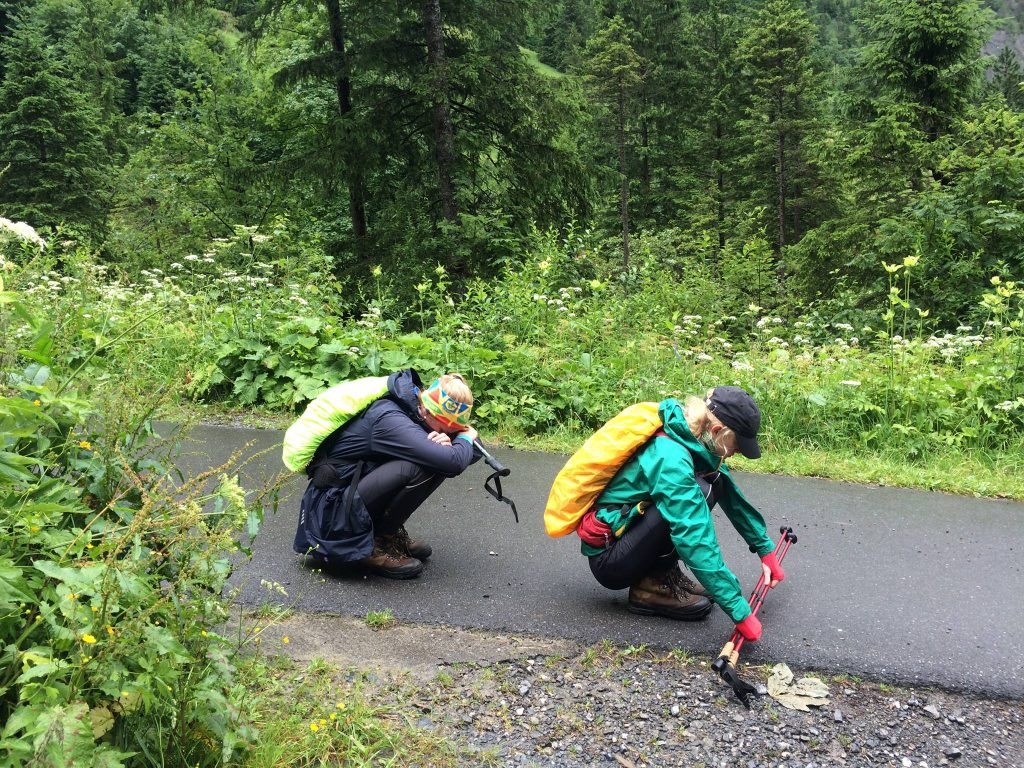Youth Safety
In Estonian Scout Association (ESÜ), the safety of children and young people is ensured by appropriate training, adult instruction, and the ESÜ Child Protection Guide, which sets out the principles of the association’s behavior. ESÜ’s task is to ensure the well-being of all its members and non-members in ESÜ activities, protecting them from potential physical and emotional harm.
At ESÜ events, there is always a security team and a person responsible for first aid. Prior to becoming a scout leader, there is training and ongoing communication, which reveals the leader’s competence. We also conduct an annual criminal record background check for all adult members and all new adult members upon joining. It is recommended that at least two adults be present when conducting gatherings and outings.
In addition, two trust and support persons have been elected in ESÜ, to whom both young people and leaders can turn to with their concerns if necessary.
DON’T BE ALONE WITH YOUR PROBLEMS!
If you have a problem, need help, or feel like you need to talk, don’t be alone with your problems. It is definitely worth talking to your parents, teachers, school psychologist, or someone else you trust. You can always feel free to turn to your troop or unit leader. But if you feel like there is no one around you right now who you want to turn to, here are some contacts where you can get help.
- Child Helpline 116111 – Callers can be children themselves or adults – parents, relatives, specialists, neighbors, friends, acquaintances, but also anyone else who needs advice on children’s issues. The purpose of the short number 116111 is to allow all persons to report a child in need in a timely manner, to ensure that the information received is passed on to the relevant specialists, and to provide children and persons related to children with initial social counseling and, if necessary, crisis counseling.
According to Section 27 of the Child Protection Act, all persons who have information about a child in need are obliged to immediately report it to the local government unit or to the child protection hotline 116 111. If the child’s place of residence registered in the population register is not known or cannot be determined, the report of a child in need must be immediately forwarded to the local government unit where the child is staying.
According to the Child Protection and Social Welfare Act, the local government has a key role in organizing child protection and welfare. This includes the work of child protection workers and social workers who perform child protection tasks. Contact information can be found on the website of the local government. You should first contact them. Occasionally, people are dissatisfied or critical of the assistance (service) provided by the local government, or the response and information received is not satisfactory. In this case, we recommend contacting the Social Insurance Board’s child protection unit.
- Lifeline, Emotional Support Hotline 6558088 – The Emotional Support Hotline is for people who are in an emotional crisis, depressed, deeply worried about loss and grief, feel lonely, suffer from violence, experience various relationship and family problems, social difficulties, or want to leave life.
- Youth Helpline 646 6666 (Thursday to Saturday, 7PM to 10PM).
- Helpline (psychological help) – 126 (in Estonian) ja 127 (in Russian).
- Youth counseling cabinets (sexual health) – https://www.amor.ee/Noorte_noustamiskeskused.
- Internet counseling on sexual health – http://www.amor.ee/kysi_nou1.
- Questions about mental health – http://peaasi.ee/kysi-noustajalt/?fbclid=IwAR2odSv_wzg3bwK4IoiABLQODj7dYjbmh3c4ZmreKaMo2_k_gCwBEOHGWxQ.
- Internet counseling– https://www.lahendus.net/?fbclid=IwAR1eTuaFJQlle8UknL88puF_jhRb4h3SFEdANSMrCab2HtaOOtEMrfiEtl8.
- Emergency 112 – Call there if you need emergency assistance, if an accident has happened, or if you are in danger.
- Poison Control Centre 16662 – You can get help and instructions from this number if you have taken something (or suspect that you have taken something) that you should not take or if you have taken something too much.
- Primary Care Advice Line 1220.
More like this:
• www.enesetunne.ee
• www.amor.ee
• www.peaasi.ee
Connected videos:
• https://youtu.be/gTAVzX8cLv8
• https://www.facebook.com/WOSM.OMMS/videos/1822976104464305/
